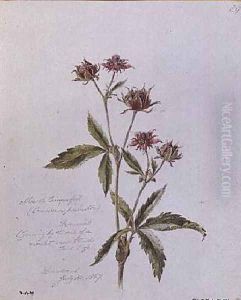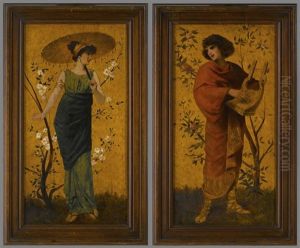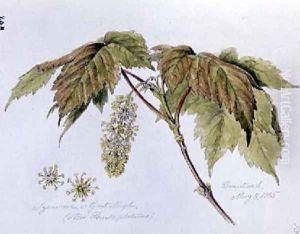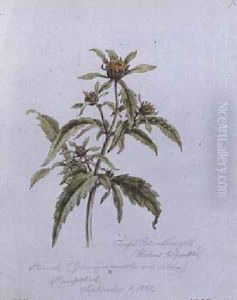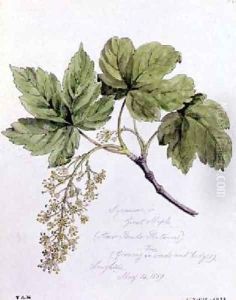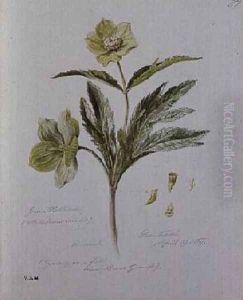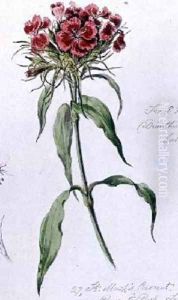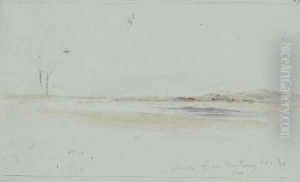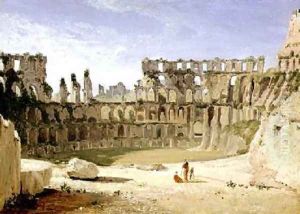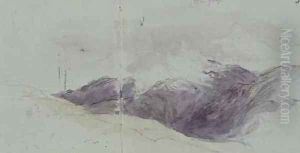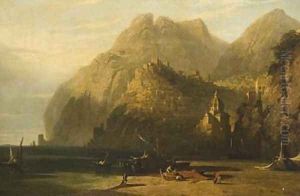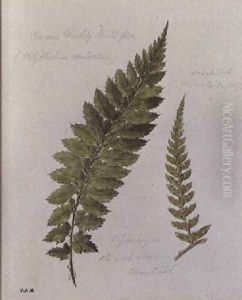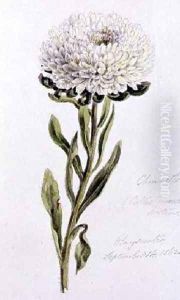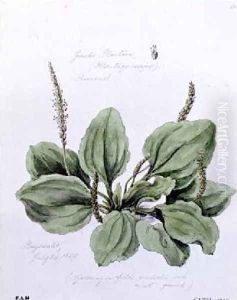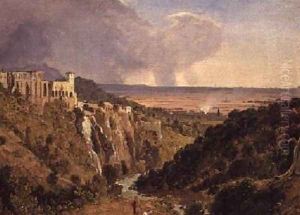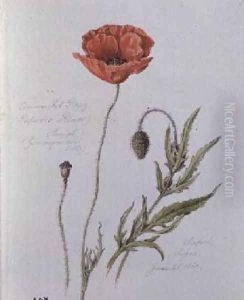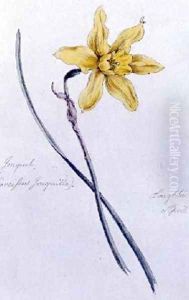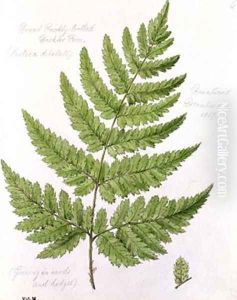William James Linton Paintings
William James Linton was born on December 7, 1812, in London, United Kingdom. He was a renowned British-born wood engraver, political reformer, and prolific author. Linton's engraving career began at an early age, and he quickly became known for his high-quality work. He worked closely with some of the prominent publishers of the day, producing illustrations for a variety of books.
Linton was also a passionate advocate for political and social reform, which was reflected in his writings and his active involvement in radical politics. He was a supporter of the Chartist movement, which sought to gain political rights and influence for the working class in Britain. His political beliefs also led to the establishment of a utopian community in the United States, where he moved in the 1860s.
In the United States, Linton continued to work on his craft and also became involved in the abolitionist movement, using his skills to support the cause against slavery. His work during this time included both his own writings and collaborations with other like-minded individuals.
Despite his political activities, Linton is best remembered for his contribution to the art of wood engraving. He was a master of the white-line technique, which involved carving in relief rather than intaglio, and his works were characterized by their intricate detail and clear lines. His engravings were not only technically proficient but also artistically expressive.
William James Linton passed away on December 29, 1897, in New Haven, Connecticut, United States. His legacy as an artist and reformer has had a lasting impact, and his work is still appreciated by art historians and collectors today.
